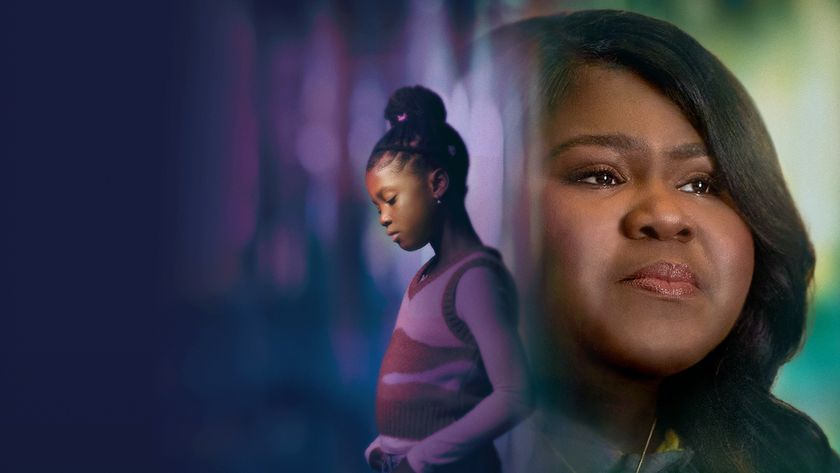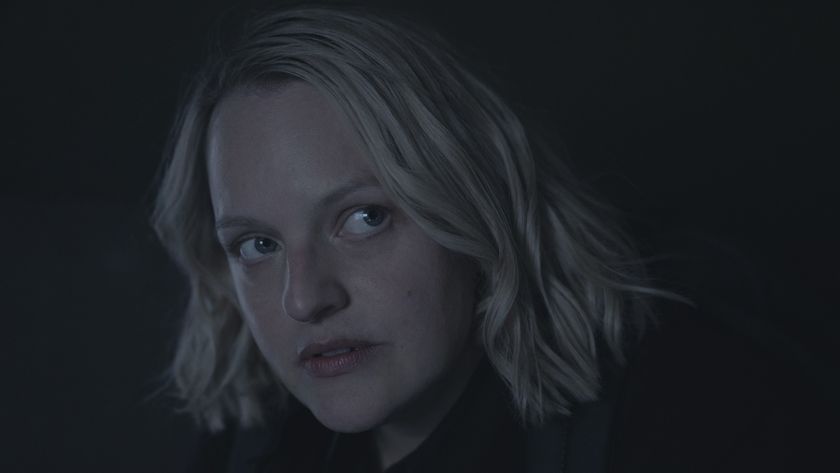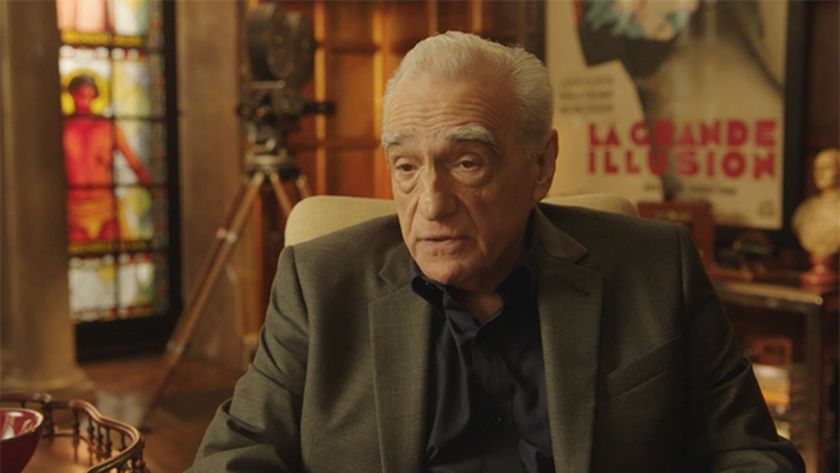Mozart's Sister - Stepping out from Wolfgang's shadow
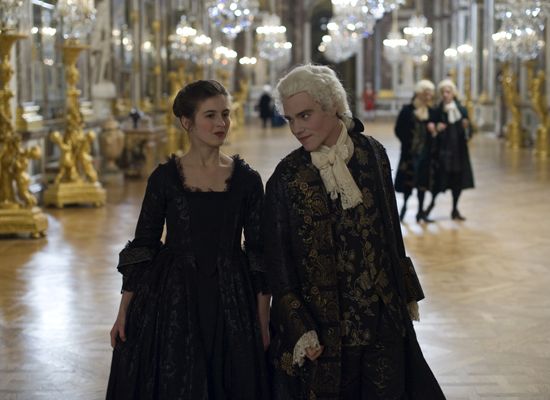
Fleetingly glimpsed in accounts of Mozart’s life, little Wolfgang’s elder sister Nannerl takes centre stage in Mozart's Sister, French director René Féret’s stylish speculative drama, which invites us to consider whether she might have proved her brother’s equal as musician and composer had she not been born a woman.
Casting his own daughter, Marie Féret, in the film’s lead role, Féret plucks hints and whispers from the historical record, adjusts other details and invents the rest to weave his fictional story.
What we do know is that Maria Anna ‘Nannerl’ Mozart was a musical prodigy in her own right, a supremely gifted singer and harpsichordist whose talents also amazed the royal courts of 18th-century Europe.
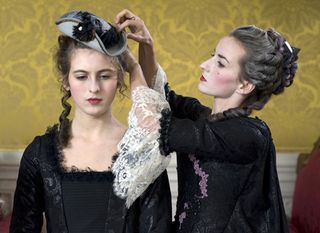
Féret’s film is very good at showing the gruelling, galling slog that went on behind the scenes in order to amaze all those crowned heads. He introduces the Mozart family - father Leopold, mother Anna Maria, 14-year-old Nannerl and cheeky, cherubic 11-year-old Wolfgang - as their carriage breaks down on a remote country track en route to the court of Louis XV at Versailles.
The breakdown forces a stopover at a local abbey where Nannerl befriends one of the king’s secluded daughters, Princess Louise Marie (played intriguingly by Marie Féret’s sister, Lise), who enlists her as a go-between with her elder brother the Dauphin.
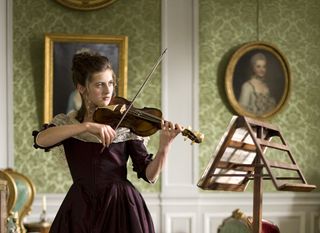
The intrigue that ensues sees Nannerl stepping in and out of male costume to enter places where women are banned and composing her own music with the Dauphin’s encouragement - in defiance of her overbearing father, who wishes to suppress her musical ambitions.
Féret’s account is highly fanciful but his depiction of the thwarting of women’s lives is genuinely affecting. Overwhelmingly melancholic in mood, his film has none of the boisterous exuberance of Milos Forman’s Amadeus, but its slow tempo (adagio rather than allegro) feels faithful to the pace of the era. Taking their cue similarly from the manners of the age, the performances are stylised but are no less touching for it.
Get the What to Watch Newsletter
The latest updates, reviews and unmissable series to watch and more!
It all adds up to a wistful ‘what if’. Nannerl’s music, whatever she did compose, hasn’t survived but Marie-Jeanne Séréro, the film’s composer, has come up with a plausible and pleasing recreation of how it might have sounded. History’s loss, and ours.

Movie Talk star rating:
On general release from Friday 13th April.
A film critic for over 25 years, Jason admits the job can occasionally be glamorous – sitting on a film festival jury in Portugal; hanging out with Baz Luhrmann at the Chateau Marmont; chatting with Sigourney Weaver about The Archers – but he mostly spends his time in darkened rooms watching films. He’s also written theatre and opera reviews, two guide books on Rome, and competed in a race for Yachting World, whose great wheeze it was to send a seasick film critic to write about his time on the ocean waves. But Jason is happiest on dry land with a classic screwball comedy or Hitchcock thriller.

